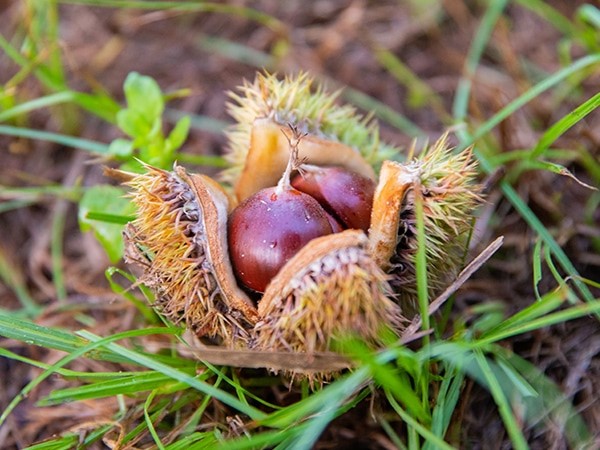|
Persimmons
Few soft mast species are more attractive to deer than riper persimmons, and Early Drop varieties from Chestnut Hill Outdoors help fill in the gap between spring and early summer soft mast and fall hard mast.
Features:
- Height at Maturity: 30′-50′
- Spread: 20′-35′
- Tree Form: Central Leader
- USDA Zone: 4-9
- Bloom: May – June in most locations
- Fruit Drop: August – October
- Light requirements: Full sun
- Soil type: Adapted to upland, wet if only seasonal and well-drained or sandy clay or loam; Ph 6.0-7.0
When selecting stock, it’s important to choose plant species specifically adapted for the local climate. One of the best tools for determining this is the USDA Plant Hardiness Zone Map. It divides the nation into 10-degree F zones based on average annual minimum winter temperatures. These Zones or Regions are then used to describe the range in which plants are adapted to and can be grown.
USDA Plant Hardiness Plant Zone Map Link
http://planthardiness.ars.usda.gov/PHZMWeb/
Chestnut Hill Outdoors is more than just a nursery. To ensure customers receive the maximum benefit from their products, they also provide sound advice and instruction on proper planting and care. And they ensure their plants are suited to the climate of their destination. For more on the varieties listed above and all Chestnut Hill Outdoors products and how to care for them, visit ChestnutHillOutdoors.com, or call (855) 386-7826.
|





